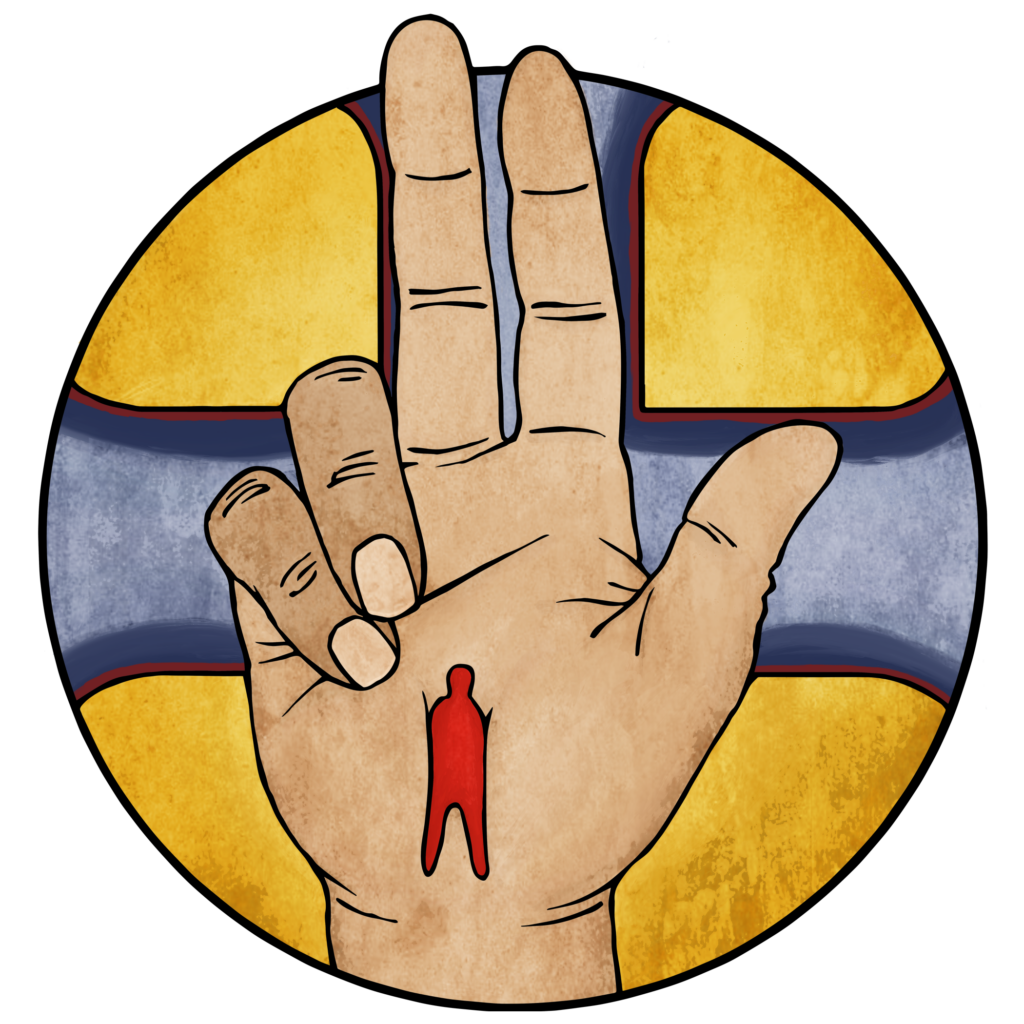By Katie Hill
Do you have a physical scar somewhere on your body? Maybe it’s that tiny ridge under your chin from an unfortunate mishap as a toddler. Run your finger along it and feel the roughness.That imperfection is designed to protect you. Most of the time those kinds of scars don’t greatly hinder us as we move on in our lives.
However, we all have scars we can’t touch–remnants of injuries that can affect our minds. Depending upon how severe that wound was and how it impacts your life and those around you, you may still have some healing to do. Maybe you’re doing okay but someone close to you is hurting. The kind of healing that is needed can come through skilled mental healthcare professionals and also through your pastor, who is equipped for your spiritual good because God wants to comfort you. Consider a mental healthcare professional and a pastor a tag team.
Not surprisingly, according to Pew Research, 7 out of 10 teens see anxiety and depression as a major problem either with themselves or amongst their peers. The last few pandemic-y years have only magnified these struggles. And we know that anxiety and depression are but two such problems.
We live in this fallen world, where the consequences of sin are borne out in many ways, resulting in a variety of mental scars. Maybe you personally struggle with depression; maybe your best friend has anxiety; maybe your uncle has PTSD. You can do a quick scan of your friends and family and know that at least several of them are hurting deeply in their minds. For you, it’s more than a statistic.
As a society, it seems like we’re making some kind of progress when it comes to tackling mental health. We’re talking more openly than ever about it, that’s for sure. And hey–that’s better than keeping it all under wraps, isn’t it? But while it’s positive to bring such things out into the light, have you noticed that our mental health struggles haven’t become any easier to navigate? In fact, in some ways, it’s become more difficult. Sometimes the stigma is still there and accompanying that is a sense of secret shame. Also, there’s a huge amount of information or input to process. Everyone has an opinion. While not wise, self-diagnosing is frequently encouraged. It can feel like maybe you need your own PhD to sift through the noise and discover something useful. Thankfully, that isn’t the case.
This is why Higher Things has launched our latest project: Under the Cross. We don’t pretend to have all of the answers. But we have the passionate goal of equipping you to lean into the various sources of God’s comfort, with pastors, mental health professionals, and other knowledgeable saints weighing in. You see, we worship a God of means–a God who works within our vocations to allow us to receive His gifts and give those same gifts to others. God works within you as well, whether you’re a parent, a child, a friend, a sibling, a student or can list any other number of vocations!
During these next few months we’ll be investigating the importance of boundaries. Boundaries are how we interact with the world and the people we encounter. We create physical boundaries, sexual boundaries, emotional/mental boundaries. How much is too much? Is there a balance between opening up and protecting yourself? We’ll carefully investigate questions like these, bringing you assurance and comfort along the way! Remember that, for your sake–and out of pure delight in you–Jesus endured the pain of the Cross so that it can be a place of comfort and shelter for you. Just as it is written, “But he was pierced for our transgressions; he was crushed for our iniquities; upon him was the chastisement that brought us peace, and with his wounds we are healed” (Isaiah 53:5).
Katie Hill is the managing editor of Higher Things.

